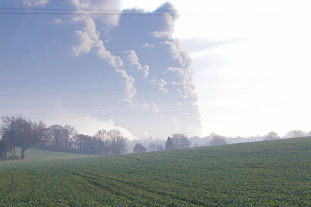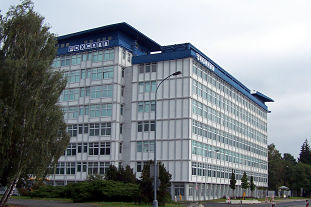Generational attitudes to facial recognition: How retailers and policymakers should approach the use of developing facial recognition technology
The use of facial recognition technology is becoming increasingly widespread. The technology, based on live or recorded CCTV footage, uses algorithms to recognise individuals’ gender, age, emotions and skin type. The use of facial recognition for national security is well known, but it is increasingly being used for commercial purposes, using data from public and private spaces (e.g shops) to track the behaviour of customers. So far, limited laws exist for this use of data. With the rapid technological development and usage, laws and rules are needed.













